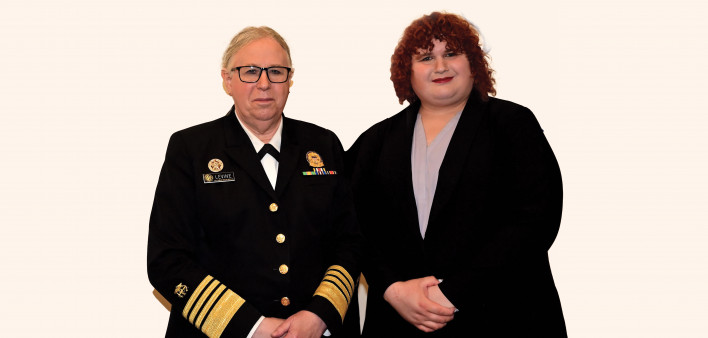Federal HIV testing guidelines recommend that everyone ages 13 to 64 be tested for HIV at least once as part of routine health care and that folks with certain risk factors get tested at least annually. But why stop at age 64?
In fact, members of SAGE (Advocacy & Services for LGBTQ+ Elders) are urging the Centers for Disease Control and Prevention (CDC) to remove the upper age limit.
To promote the issue, SAGE members recently met with Admiral Rachel Levine, MD, the assistant secretary for health for the Department of Health and Human Services (which includes the CDC), along with other leaders in the field. Other older advocates attended the meeting via Zoom.
According to national data, 10% of people who tested HIV positive in 2019 were 55 and older. What’s more, older people diagnosed with HIV are more likely to have late-stage disease, meaning that they have gone without treatment for several years.
If the CDC guidelines were to recommend HIV testing for older Americans, SAGE members note, more health care providers would order more tests. Although the CDC guidelines are recommendations—not requirements—the awareness and education that come with changing the guidelines would help remove barriers to testing older folks.
A CDC representative who attended the SAGE meeting via Zoom noted that the health agency would be updating the testing guidelines—but cautioned that this would take some time.







Comments
Comments